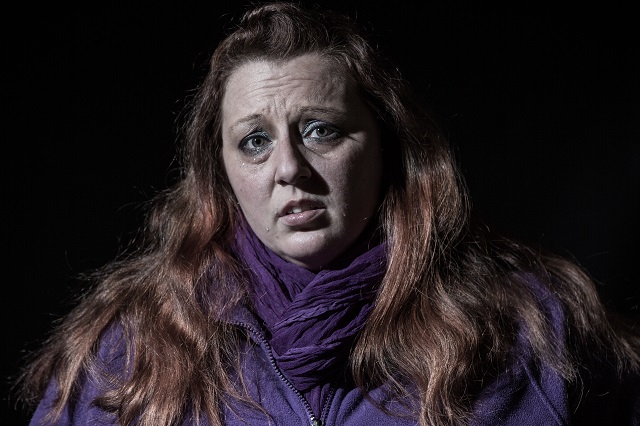
Along with autumn and falling leaves, October also brings to light a difficult, yet important, subject. October is Domestic Violence Awareness Month and according to Amanda Chapman – the House of Hope domestic violence prevention initiative consultant – it isn’t easy to know at the beginning of a relationship if a partner is abusive.
“I think it is wonderful that the month of October is Domestic Violence Awareness month; however, it happens every day,” Chapman said. “One in four women and one in seven men will be victims of domestic violence. It does not discriminate because of race, age, gender, sexual orientation or economic status. It can happen to anyone.”
Often, people only perceive domestic violence to be manifested as physical – hitting, punching, slapping, kicking or biting – but there could be more to it. Domestic violence can look different in each relationship, but Chapman told the Hownikan what signs call for intervention.
Some of those signs may include:
- Isolating partner from family and friends, controlling who they see and what they do
- Insulting or putting partner down
- Blaming partner for their problems or mistakes
- Destroying property or hurting pets
- Intimidating partner with weapons
- Controlling finances
- Making partner feel worthless
- Tearing down partner’s self-esteem
“If you begin to see any of these signs, it is important to reach out for help,” Chapman said. “Talk to a trusted family member or friend or seek out programs in your area that offer services. They can help you begin the process to regain the life you deserve. All domestic violence programs are confidential.”
Chapman notes that it is important for friends and family members to be supportive of the victim because it takes an average of seven attempts before a victim finally leaves an abusive situation. People may stay in the relationship because they love their abusive partner, for the sake of their children or because they worry about judgment from family and friends.
“We all want that sense of family and we hold on to the good times hoping that the abuser will change,” Chapman said. “Think about it, if someone you love tells you that they will change, you want to believe them. Some victims may not know what a healthy relationship looks like and believe that the abuse is a normal part of life, especially if the victim has grown up in an abusive environment.”
The CPN House of Hope provides services to victims of domestic violence, sexual assault, stalking and dating violence, regardless of race, age, gender, sexual orientation or financial status. It provides victim advocacy, support groups, parenting classes, transportation, court advocacy and safe dating education.
If you see any of these signs of abuse, please contact House of Hope by visiting cpn.news/HouseOfHope or calling 405-275-3176 or the National Domestic Violence Hotline at 800-656-4673.
